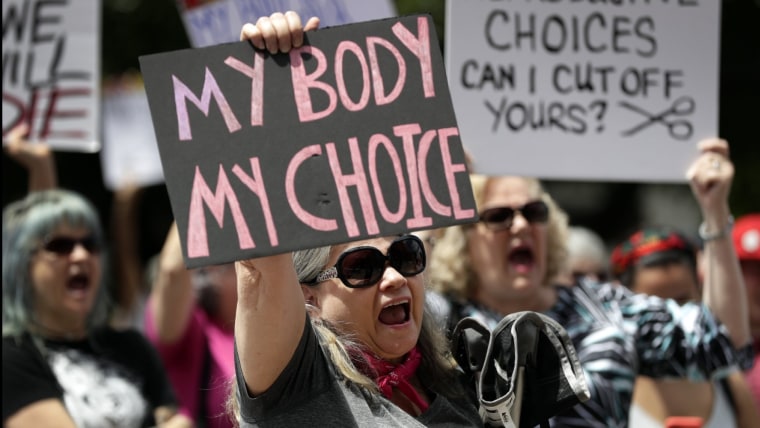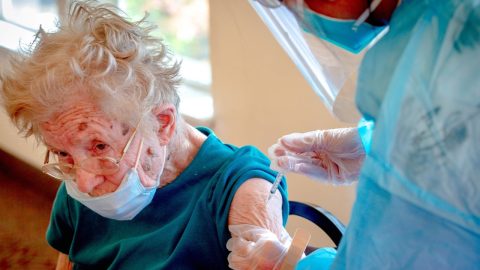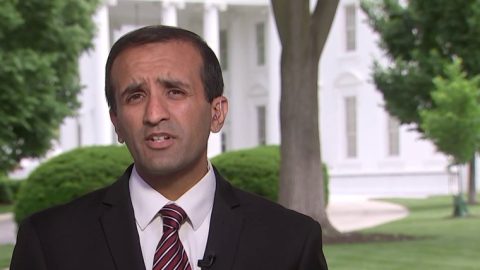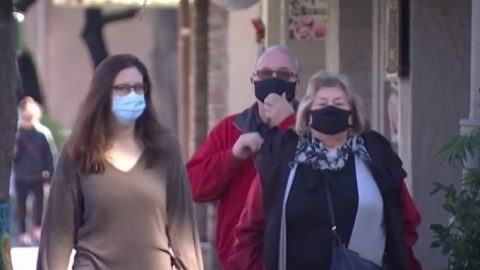The day was jampacked at a Planned Parenthood clinic in southern Illinois when a woman who had just driven over 12 hours from Louisiana for an abortion procedure erupted into tears during her health intake.
Kawanna Shannon, the surgical services director at the Reproductive Health Services of Planned Parenthood of the St. Louis Region, dropped her tasks and led the woman into a private room to talk. The woman said she was panicking because she had used her rent money to pay for child care for her two kids, rent a car, buy gas and drive to the clinic in Fairview Heights.
The days leading up to and after Texas’ restrictive abortion law went into effect, clinics in surrounding states became overbooked, diverting patients further away, including this patient who only had one extra day off work to get the procedure done, Shannon said. The woman’s only option was Illinois, but it cost her her rent, she said.
“No one is thinking about these hardships when they put these bans on. People have other children, people have health issues, people have all types of things and they are spending every dime just to go somewhere else because this basic need isn’t accessible in their own state,” Shannon said. “But there are people fighting for them, no matter what laws are being passed or what the restrictions are, and we are doing everything we can to be able to service these patients. They need to know that we’re going to continue to fight for them.”
The Illinois clinic, emblematic of a state that has deemed itself a safe haven for abortion care, is feeling the reverberations of the Texas law in the form of dozens of women forced to travel hundreds of miles just to secure an appointment. Despite facing its own challenges, including staff shortages and similar legislation up for consideration across the border in Missouri, the Illinois clinic said it is fully prepared to welcome any woman who needs the medical care.
The clinic has long been preparing for what it calls “the writing on the wall,” according to Yamelsie Rodríguez, president and CEO of Reproductive Health Services of Planned Parenthood of the St. Louis Region, which oversees the Fairview Heights clinic. “This is the reality that we have been seeing for a long time, and we’ve been preparing for a post-Roe world with a plan to ensure abortion services remain accessible with this clinic.”
The Texas law bans abortions at around six weeks of pregnancy, before most women know they are pregnant, without any exceptions for rape and incest.
Rodriguez said the past month has shown that access is not just a Texas problem because when it is lost in one state, that creates a ripple effect as far out as Fairview Heights, where appointment times are being quickly filled.
Over the last week, the clinic has seen patients from Arkansas, Kansas, Louisiana, Kentucky, Tennessee and Texas.
“No one will be turned away,” Rodriguez stated.
The clinic, a $10 million investment by Planned Parenthood and Hope Clinic, sits on the southwest border of the state just 15 minutes from St. Louis, and was built in preparation for abortion bans and restrictions in neighboring states. It has the capacity to handle up to 15,000 patients per year.
Illinois stands as a lone refuge in the Midwest giving unencumbered access to abortion services with the Reproductive Health Act, which also ensures access to pregnancy care and birth control.
Sponsors of the act emphasized in legislative sessions the importance of its protections should the landmark Roe v. Wade decision be overturned. The Supreme Court said in May that it would consider the legality of Mississippi’s abortion ban on most abortions after 15 weeks of pregnancy in its upcoming fall term.
The law will protect the right to choose regardless of what happens with Roe v. Wade, said Jennifer Welch, president and CEO of Planned Parenthood of Illinois. “As other states put more barriers into place for people to access this health care, we know that patients will turn to Illinois and we could see tens of thousands of patients if other states follow Texas’ example or if the Supreme court further erodes abortion protection in their upcoming case.”
Inside the busy clinic, Dr. Colleen McNicholas, one of six physicians who work at the facility, has spent a fair share of days staying late to care for patients, but more often than not that goes beyond just medical care, she said.
After completing a late procedure for a patient last week, she had to help the woman, who drove over 300 miles from Tennessee, figure out how to get her car fixed. With everything being closed after hours, McNicholas then needed to help the patient get a hotel room for the night while waiting for a place to open to work on her car. It was an additional financial burden this patient wasn’t prepared for, she said.
Most of these patients are existing in the intersections of marginalization with financial insecurity and housing insecurity, she said. Life in and of itself is exhausting for them and then having to jump through more hoops to be able to access care can be a really oppressive burden, she said.
Half of all women in the U.S. who got an abortion in 2014 lived in poverty, according to a 2016 study by the Guttmacher Institute, a reproductive health research group.
Kencia Page is the call center director for the clinic in Fairview Heights, which fields more than 350 calls a day. Many from out-of-state patients, she said, especially now with Texas stressing the entire system of abortion providers.
“Our call center has received calls from patients in Texas frantic about the Texas abortion ban and desperate to figure out their options,” she said. “These patients are overwhelmed. We received a call from one Texas patient who did not know how they would be able to access abortion because they did not have any family support or any money to pay for travel and lodging to access abortion out of state.
Page said it’s “heartbreaking” to hear stories like this, but it puts into perspective the importance of the work they do and that they will have to continue on if other states follow suit.
But while the clinic is handling the aftermath of Texas, across the border, Missouri is another battleground for reproductive rights. An eight-week ban enacted by that state will be taken up by a full appellate court next week. If the law passes, access will be siphoned off in another state leading more patients potentially to Fairview Heights.
Despite bracing for an influx of patients, the clinic is also dealing with its own struggles, including staff shortages due to the pandemic which has led to cross training, creative scheduling, and sometimes longer hours.
Carrying the weight of the patient’s struggles also weighs heavily on the staff, McNicholas said.
“It isn’t just that we’re there to take care of patients’ procedural needs. We are oftentimes with them, holding their hand, trying to figure out how to help them manage the financial insecurities of those 72 hours,” she said. “There’s a number of things that we certainly will have to navigate, and staff morale and meeting the complex needs of the patients are one of the challenges.”










Recent Comments